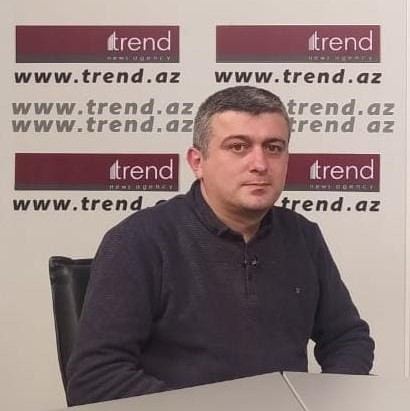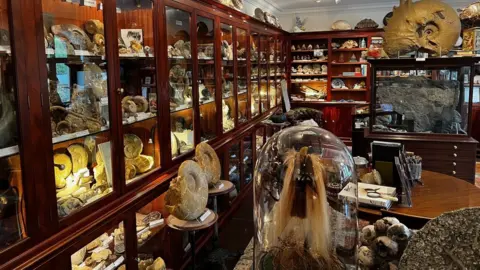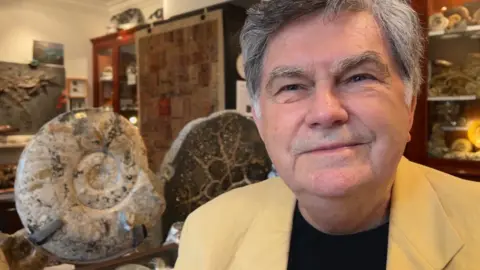PAKISTAN
Govt mulling taking big step to reduce pension burden
- Finance Minister Muhammad Aurangzeb says issue of pension a huge burden

ISLAMABAD: Finance Minister Muhammad Aurangzeb has said that pension has become a big liability and burden, and service structure would be required to be changed over a period of time so as to gradually reduce the pension expenditure.
While addressing a press conference along with Minister for Information Atta Tarar and Minister for Law Azam Nazeer Tarar, the finance minister said that the visiting Saudi delegation has expressed great confidence and the business-to-business meetings have been very positive as positive economic indicators have improved confidence of the investors.
The minister said that the trade deficit is under control and agriculture GDP is growing at five percent on the back of bumper crops.
Offering document: Employers, pension fund managers to disclose retirement age of employees
The finance minister added that the foreign exchange reserves have exceeded US$9 billion, and this is enough to cover two months of imports.
Similarly, he said that the currency is now stable and inflation has also reduced to 17 percent from 38 percent. All these things are leading to stability and the investors’ confidence is improving, he said.
The finance minister said that the first month for registration of the retail sector was voluntary and this would be taken ahead in the months of May and June 2024 through enforcement of existing laws and the second one is the point of sales machines and track and trace system. He said that the country has no option as the 9.5 percent tax-to-GDP tax is not sustainable and has to increase to 13 to 14 percent in the medium term.
He said that he has been holding meetings with investors for the last two months and some of the investors have come from the US and Europe, as well. He added that the country is moving in the right direction and added that the taxes have to be increased and reforms would be brought in the energy sector besides reducing losses of the state-owned entities (SOEs)
The minister said that the International Monetary Fund (IMF) team would arrive in the next 07-10 days and would remain for two weeks to discuss the contours of structural reforms under the new programme. He said that there is no Plan-B when the country is in the IMF programme as the IMF is the lender of last resort.
The minister said that the government has to increase taxes, reform the energy sector, reduce deficits of state-owned enterprises, and privatise them.
He said that in the first place, the priority is that Extended Fund Facility (EFF) gets in place as for climate resilient financing, the Ministry of Environment and Climate Change would be required to do some groundwork, adding that government would explore all the resources for funding.
The federal finance minister said that there is only one way to reduce the expenses by moving towards public-private partnership, adding pension is a very big liability and it is necessary to think how it has to be taken forward.
He said that he always praises the Sindh government because they have used a very good model which should be replicated at the federal level and at the other provinces, as well.
The finance minister said that the issue of pension is a huge burden and added that he sees it in two perspectives, as first step was taken by the private sector to increase the retirement age from 60 years to 65 years and the other option is to change the service structure over a period of time so as to reduce the expenditure of pension and gradually brought under control.
While speaking on the occasion, Minister for Law Azam Nazeer Tarar said that the country that survives in today’s modern times will move forward. If our economy is good, then God willing, everything will be fine. Now we have to take practical steps.
The minister for law said that the premier has formed a committee headed by the finance minister on the pension issue and so far nothing to this effect has been finalised and only suggestions are being sought for the matter.
The minister clarified that pension reforms when finalised would be implemented across the board, adding that the need for an explanation was felt following speculations. The law minister said that for reforms in pension, changes in the acts of various departments whether it is armed forces, judiciary or civil services and some constitutional changes would be required to be made. Atta Tarar said that the matter is under consideration regarding reducing the burden of pension and increasing the service period.
In response to a question regarding the reduction in interest rates, the finance minister said that the policy rate and market-based exchange rate are the domains of the State Bank of Pakistan. However, he expressed the hope that the way inflation is declining the policy rate will also come down.
He said that the monetary policy committee has stated that the interest rate will come down to 5 to 7 percent by September 2025.
He said that the government is not only seeking IMF loans but also inflows from other multilaterals and financial institutions.
Copyright Business Recorder, 2024








